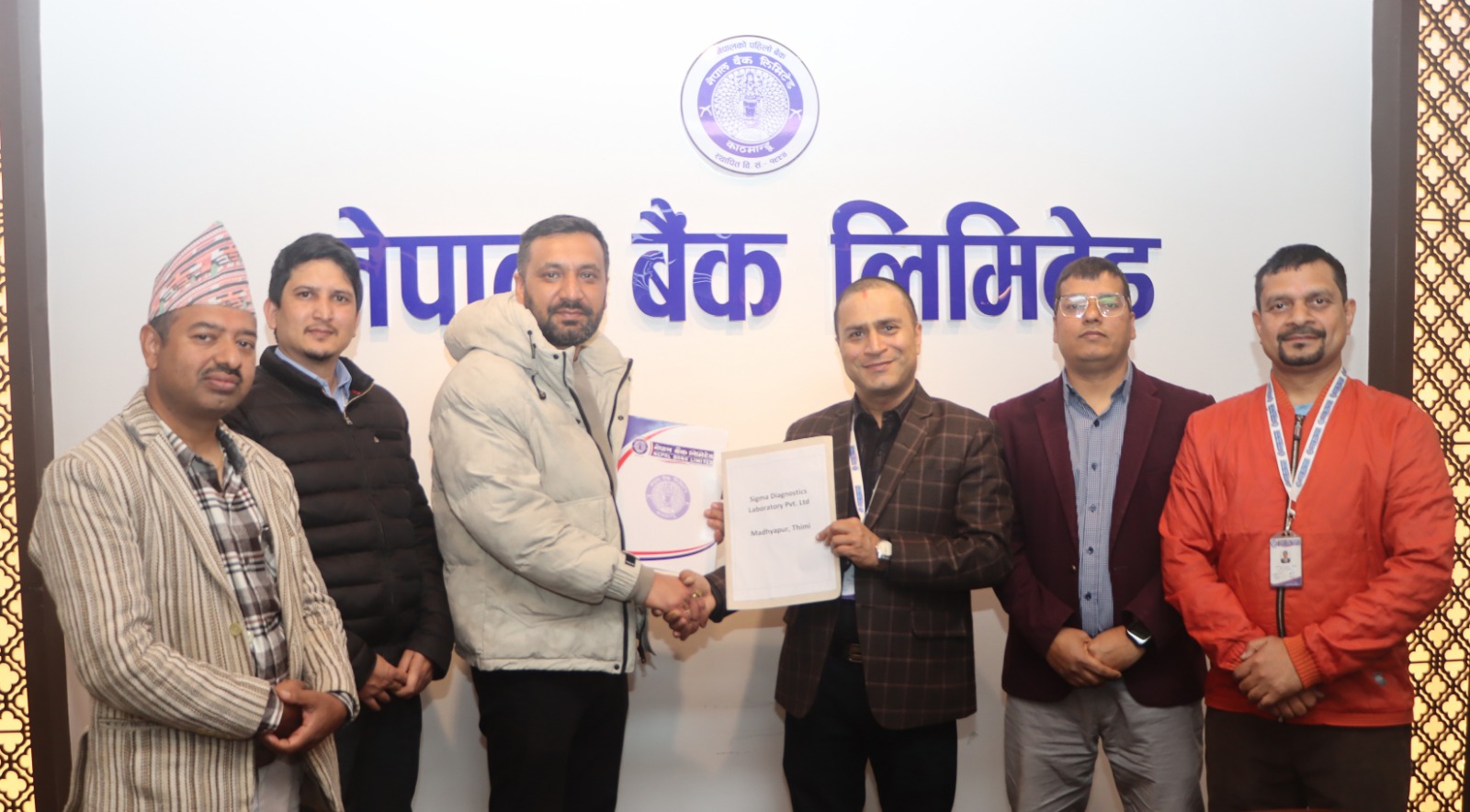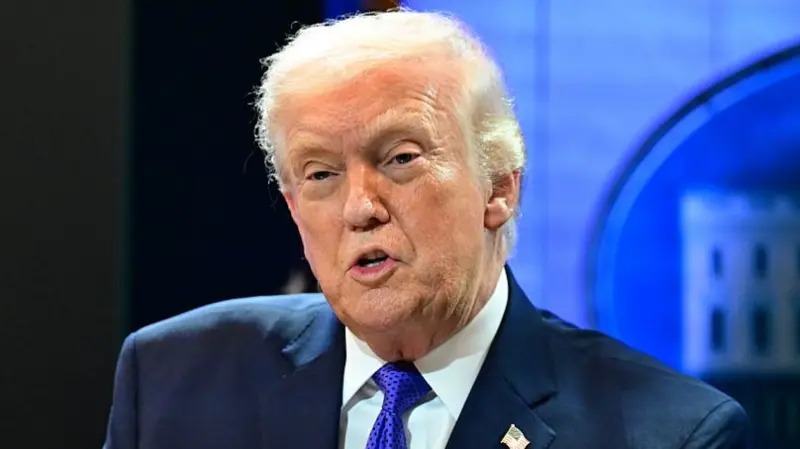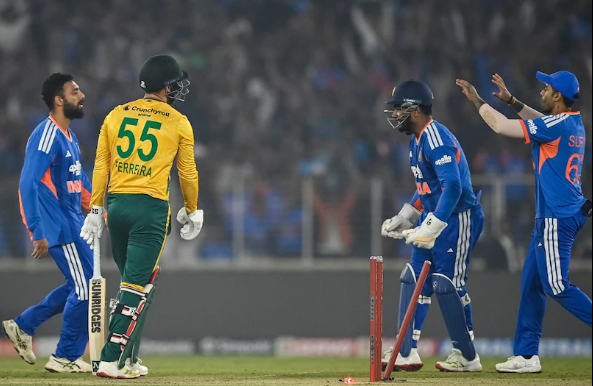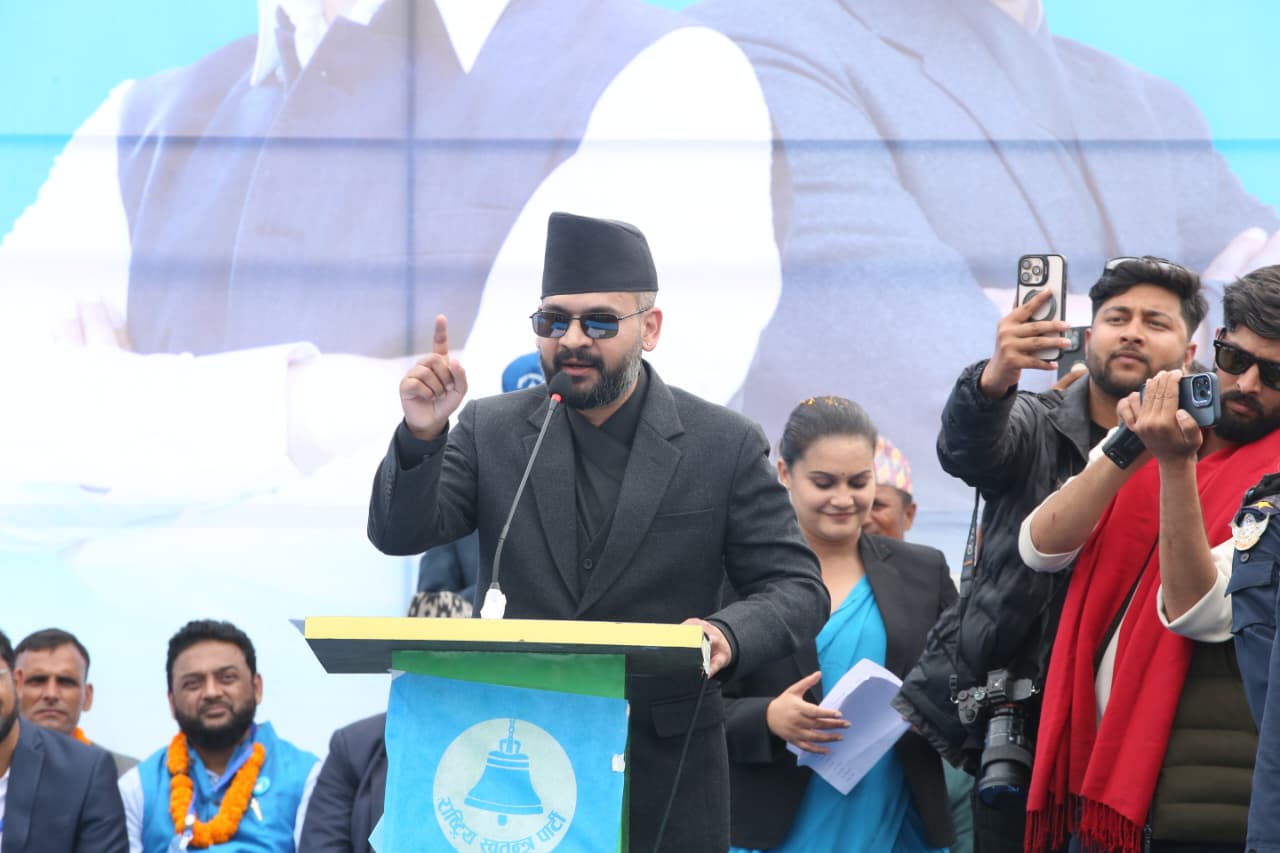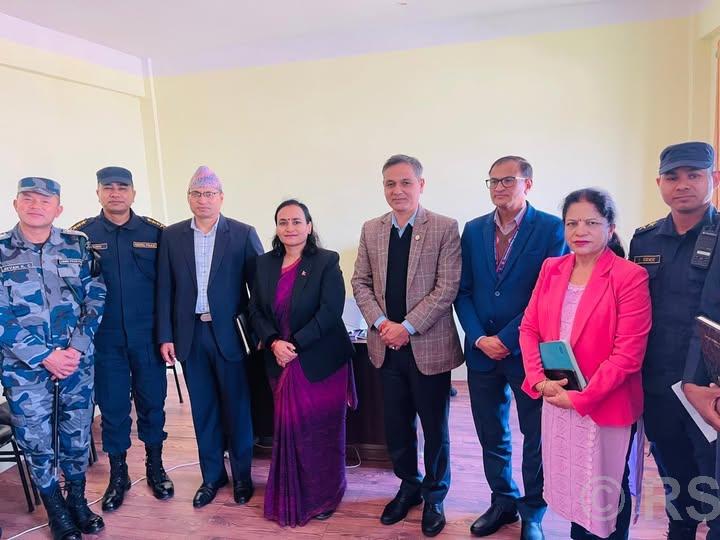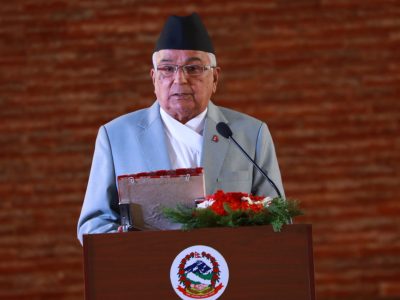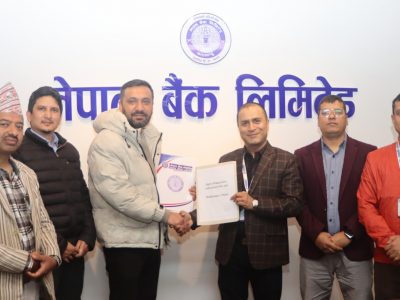Rising India-Pakistan Tensions After Pahalgam Attack Spark Global Concern
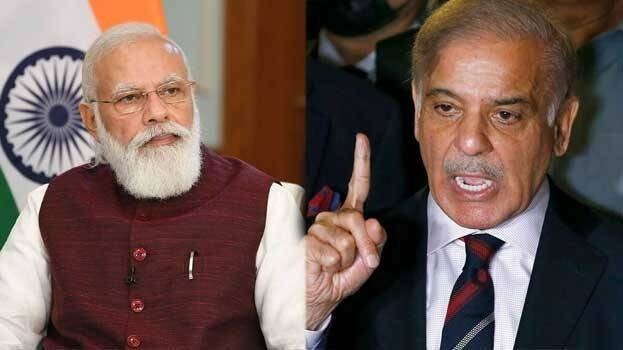
Kathmandu, April 30: International concern is growing as tensions escalate between India and Pakistan following a deadly terrorist attack in Pahalgam, Jammu and Kashmir, which killed 26 people, including a local Kashmiri.
Countries such as China, the United States, Turkey, and Qatar have urged both nuclear-armed neighbors to exercise restraint, amid reports of cross-border skirmishes along the Line of Control (LoC) and the potential for further military escalation.
Pakistan Warns of Possible Indian Strike
Pakistan’s Information Minister Ataullah Tarar sparked alarm early Wednesday morning by claiming India could launch a decisive military strike within 24 to 36 hours, citing “reliable intelligence.” He stated this via a post on X (formerly Twitter), warning of “potentially devastating consequences” for the region.
Pakistan’s Defense Minister Khawaja Asif echoed this sentiment in interviews, initially suggesting a possible imminent conflict, though he later clarified that his remarks were misinterpreted, stating, “We must be mentally prepared,” but adding, “the threat of war is fading.”
However, he confirmed that troop deployments had increased, and strategic decisions were under discussion, indicating Pakistan’s heightened military readiness.
India Considers Diplomatic and Strategic Moves
Following the Pahalgam attack on April 22, which has been called one of the worst attacks on civilians in India since 2008, India has taken a firm diplomatic stance:
- Suspension of the Indus Water Treaty
- Cancellation of visas for Pakistani citizens
Pakistan responded by:
- Canceling Indian visas
- Suspending the Shimla Agreement
Indian Prime Minister Narendra Modi vowed strict punishment for those responsible, while Pakistan has denied any involvement in the attack.
Global Reaction and Analysis
According to Michael Kugelman, a South Asia expert quoted by Newsweek and The Guardian, this incident is a “game-changer.” He suggests that the scale and nature of the attack will likely push India toward military retaliation, possibly mirroring the 2016 surgical strikes conducted after the Uri base attack.
Military analyst Srinath Raghavan told the BBC that any response would aim to send a strong signal to both domestic audiences and actors across the border.
Despite reassurances from both sides that war is not imminent, diplomatic efforts are intensifying. Pakistan claims it has reached out to China, Gulf nations, the UK, and the US to de-escalate the situation.
Facebook Comment
latest Video
Trending News
- This Week
- This Month


